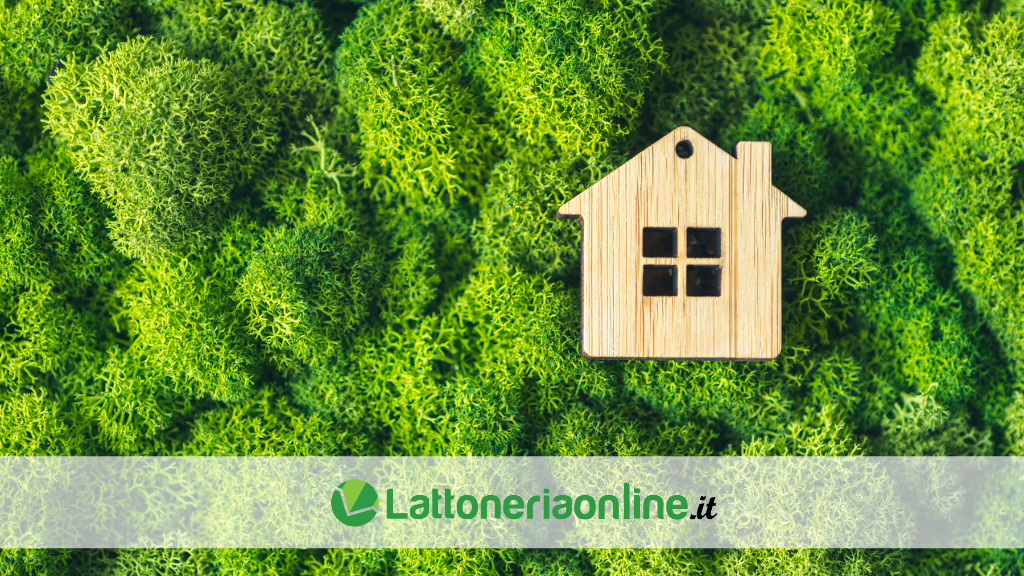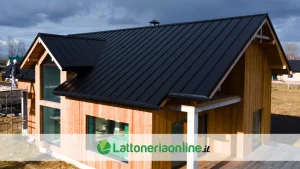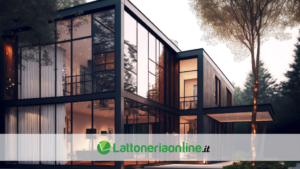
Plumbing and the environment: the advantages of using eco-sustainable materials such as copper, aluminum and titanium zinc
In the plumbing sector, the use of eco-sustainable materials is gaining more and more ground. Companies all over the world are opting for materials such as copper, aluminum and titanium zinc for their roofs and gutters, abandoning more polluting solutions.
The use of eco-sustainable materials such as copper, aluminum and titanium zinc in the plumbing sector offers numerous advantages both in terms of performance and environmental sustainability. These materials are characterized by unique properties that make them ideal for eco-sustainable roofing and gutters.
First of all, these materials offer greater durability than traditional solutions. Thanks to their resistance to corrosion and the ability to withstand the most severe atmospheric agents: roofs and gutters made with these materials can resist for decades without requiring expensive maintenance interventions. This results in long-term savings for companies and reduces the amount of waste generated in the sector.
Another important advantage is their ability to be completely recycled. Copper, aluminum and titanium zinc can be recovered and reused at the end of their useful life, thus reducing the environmental impact linked to the production of new materials.
Furthermore, eco-sustainable materials in the plumbing sector not only reduce the environmental impact during the production and disposal phase, but also during their useful life. These materials are free of toxic substances and do not emit pollutants into the surrounding environment. This means that they not only protect the environment, but also the health of the people who live or work in the facilities where they are used.
Advantages of copper for eco-sustainable plumbing
Copper is one of the most popular materials used in the plumbing industry. Thanks to its unique properties, copper offers numerous advantages both in terms of performance and environmental sustainability. First, copper is a highly corrosion-resistant material, meaning copper structures can last for decades without requiring expensive maintenance. This durability translates into reduced waste and costs in the long term.
In addition to its durability, copper is also a fully recyclable material. This means that copper roofing and gutters can be recycled at the end of their useful life, thus reducing environmental impact. Furthermore, copper does not emit toxic substances into the surrounding environment and does not require the use of harmful chemicals for its processing. These factors contribute to making it an extremely eco-sustainable option in the plumbing sector.
Aluminum and zinc-titanium: eco-sustainable alternatives
In addition to copper, aluminum and titanium zinc are two eco-sustainable materials that are gaining more and more popularity in the plumbing sector. Aluminum is lightweight, corrosion resistant and highly recyclable. These characteristics make it an ideal choice for roofs and gutters that require resistance and durability. Additionally, aluminum requires less energy to produce than other materials, thus reducing the overall carbon footprint.
Titanium zinc, an alloy of zinc and titanium, offers an excellent combination of corrosion resistance and durability. This material is known for its longevity and ability to withstand the harshest weather conditions. Like aluminium, titanium zinc is also 100 percent recyclable, making it an environmentally responsible choice for the sheet metal industry.



